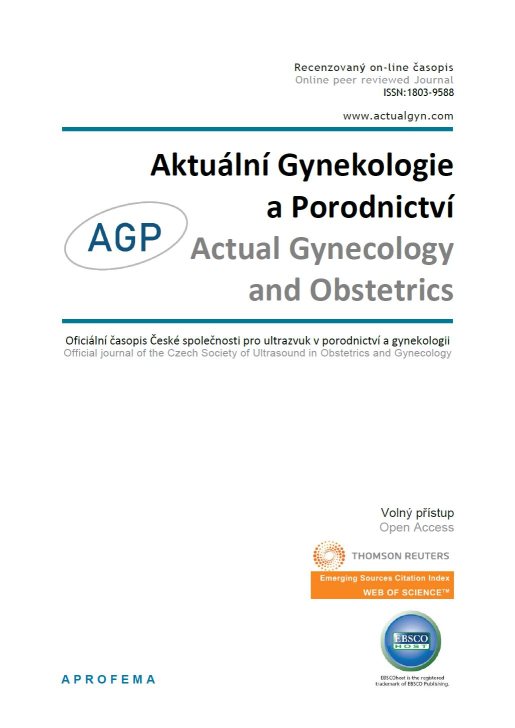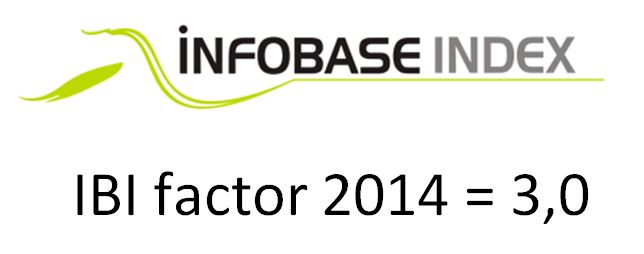











 Official publication of the Czech Society of Ultrasound in Obstetrics and Gynecology.
Official publication of the Czech Society of Ultrasound in Obstetrics and Gynecology.

The European Union Regulation REACH (No. 1907/2006) classified of boron and its compounds in the group adversely affecting reproduction and fetal development raised the need to to summarize findings about its toxicity and use in medicine during pregnancy and lactation. Acute and chronic toxicity of boron compounds is low. Intoxications were reported only in exceptional circumstances. In animals, reproductive toxicity includes the damage to spermatogenesis and the possibility of congenital defects usually in doses causing maternal toxicity. The work also summarizes the published clinical studies on the effect of boric acid on fetal development. According to the published results of studies, the human exposure does not reach of such values that the reproduction and fetal damage occurred. Since the use of any drug in pregnancy and lactation must be justified and profit must prevail over the risk, the work summarizes studies on the effect of boric acid as compared to other antifungal agents. Nystatin, clotrimazole, or miconazole, fluconazole can be used topically for the treatment of fungal infections, applied p.o. exceptionally in low doses, only. The effectiveness of boric acid is comparable or higher in resistant strains. Low price is an advantage. Finally, it should be emphasized that the use of any drug during the 1st trimester should be supported by the urgent need of treatment.